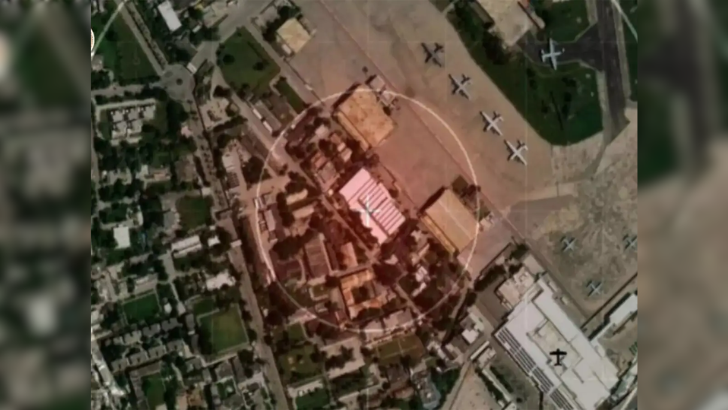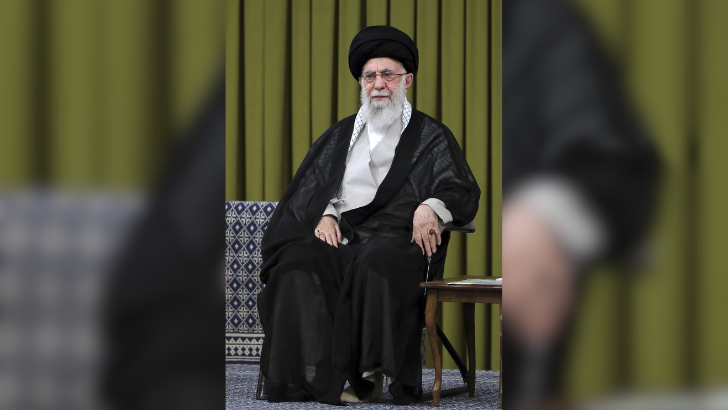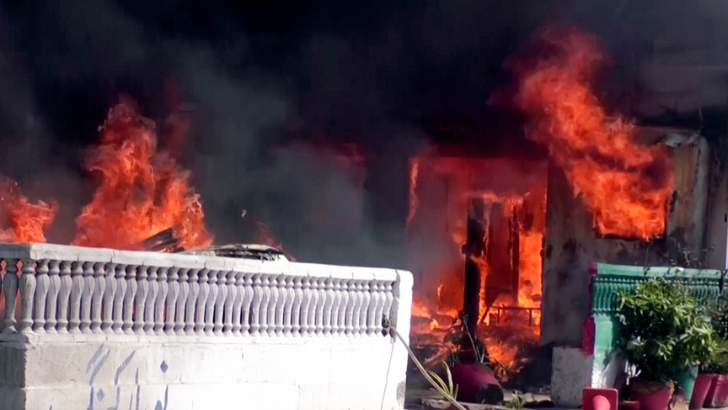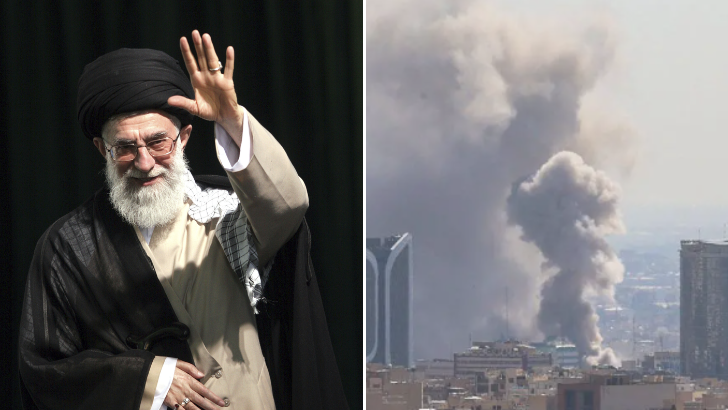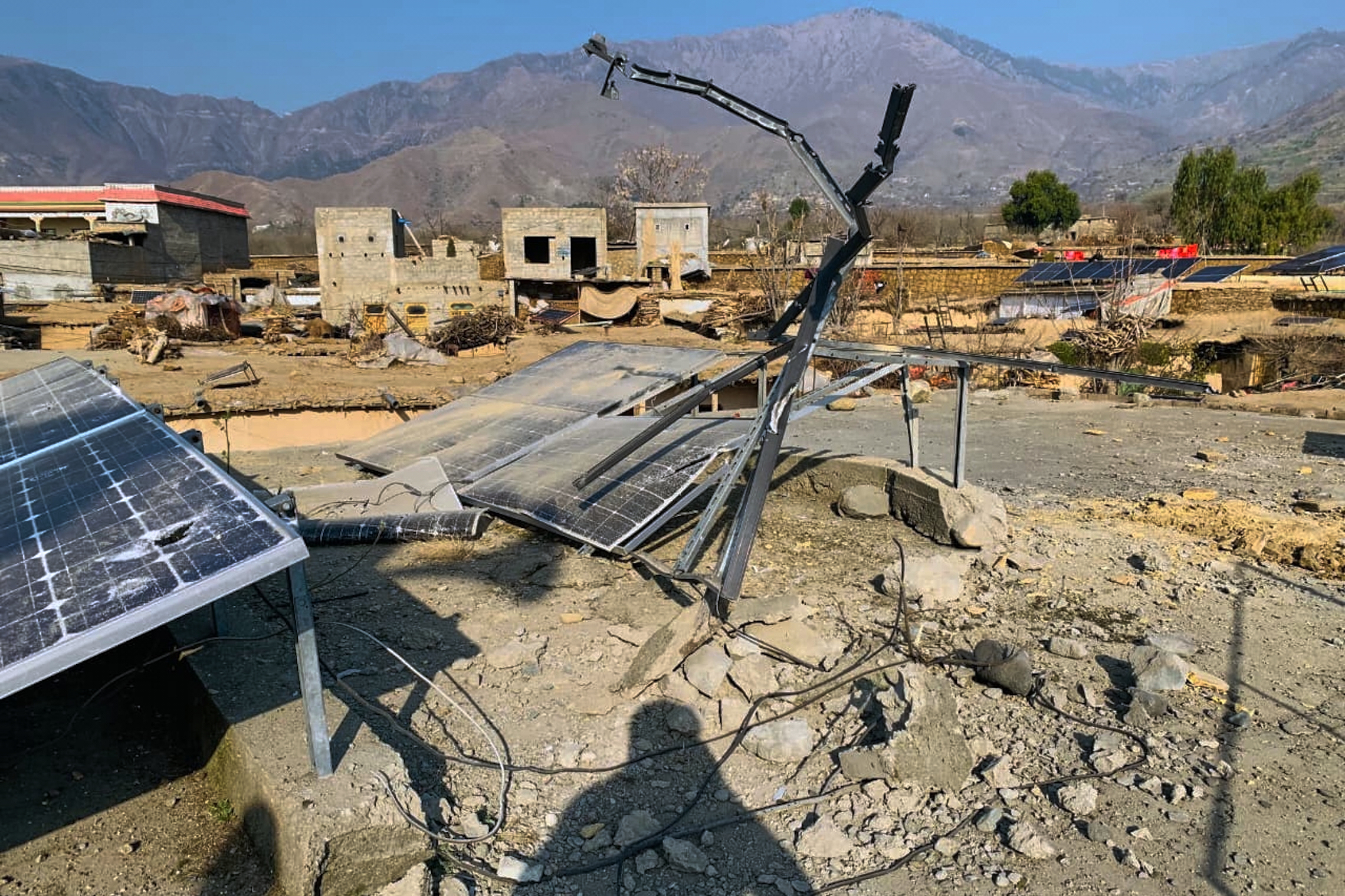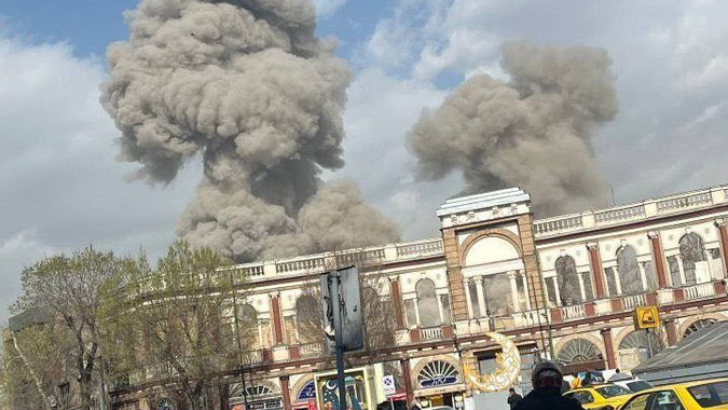Court blocks Trump’s sweeping tariffs under emergency powers law
Trump has repeatedly said the tariffs would force manufacturers to bring back factory jobs to the US and generate enough revenue to reduce federal budget deficits.
PTI
-
US President Donald Trump
Washington, 29 May
A federal court on Wednesday blocked US President Donald Trump
from imposing sweeping tariffs on imports under an emergency-powers law,
swiftly throwing into doubt Trump's signature set of economic policies that
have rattled global financial markets, frustrated trade partners and raised
broader fears about inflation intensifying and the economy slumping.
The ruling from a three-judge panel at the New York-based US Court
of International Trade came after several lawsuits arguing Trump has exceeded
his authority and left the country's trade policy dependent on his whims.
Trump has repeatedly said the tariffs would force manufacturers to
bring back factory jobs to the US and generate enough revenue to reduce federal
budget deficits.
He used the tariffs as a negotiating cudgel in hopes of forcing
other nations to negotiate agreements that favoured the US, suggesting he would
simply set the rates himself if the terms were unsatisfactory.
White House spokesperson Kush Desai said that trade deficits
amount to a national emergency “that has decimated American communities, left
our workers behind, and weakened our defense industrial base — facts that the
court did not dispute".
The administration, he said, remains “committed to using every
lever of executive power to address this crisis and restore American
greatness".
But for now, Trump might not have the threat of import taxes to
exact his will on the world economy as he had intended, since doing so would
require congressional approval.
What remains unclear is whether the White House will respond to
the ruling by pausing all of its emergency power tariffs in the interim.
Trump might still be able to temporarily launch import taxes of 15
per cent for 150 days on nations with which the US runs a substantial trade
deficit.
The ruling notes that a president has this authority under Section
122 of the Trade Act of 1974.
The ruling amounted to a categorical rejection of the legal
underpinnings of some of Trump's signature and most controversial actions of
his four-month-old second term.
The administration swiftly filed notice of appeal -- and the
Supreme Court will almost certainly be called upon to lend a final answer --
but it casts a sharp blow.
The case was heard by three judges: Timothy Reif, who was
appointed by Trump; Jane Restani, named to the bench by former president Ronald
Reagan; and Gary Katzman, an appointee of former president Barack Obama.
“The worldwide and retaliatory tariff orders exceed any authority
granted to the president by IEEPA to regulate importation by means of tariffs,”
the court wrote, referring to the 1977 International Emergency Economic Powers
Act.
It was filed in the US Court of International Trade, a federal
court that deals specifically with civil lawsuits involving international trade
law.
Leave a Reply
Your email address will not be published. Required fields are marked *








.jpg)

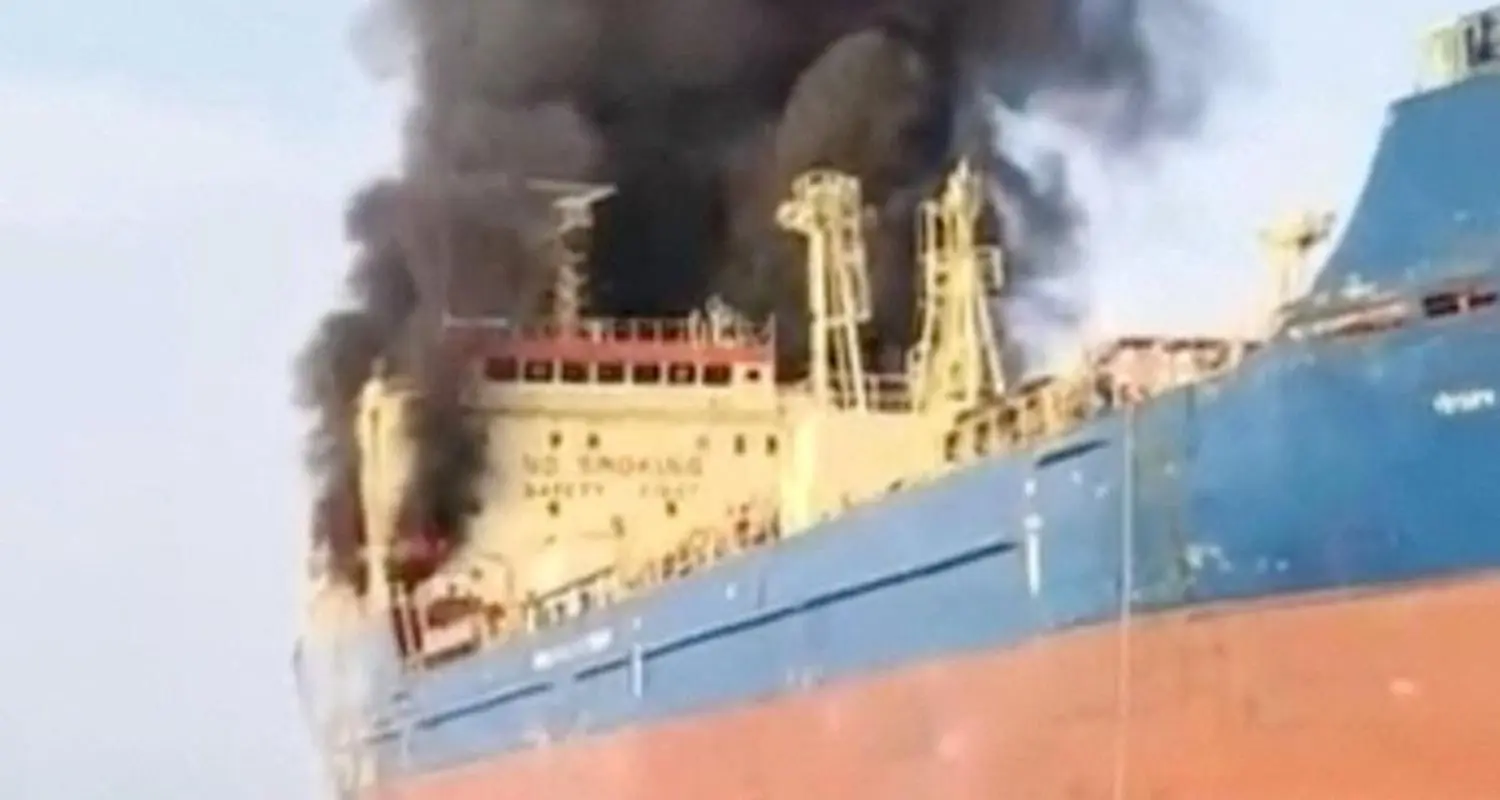
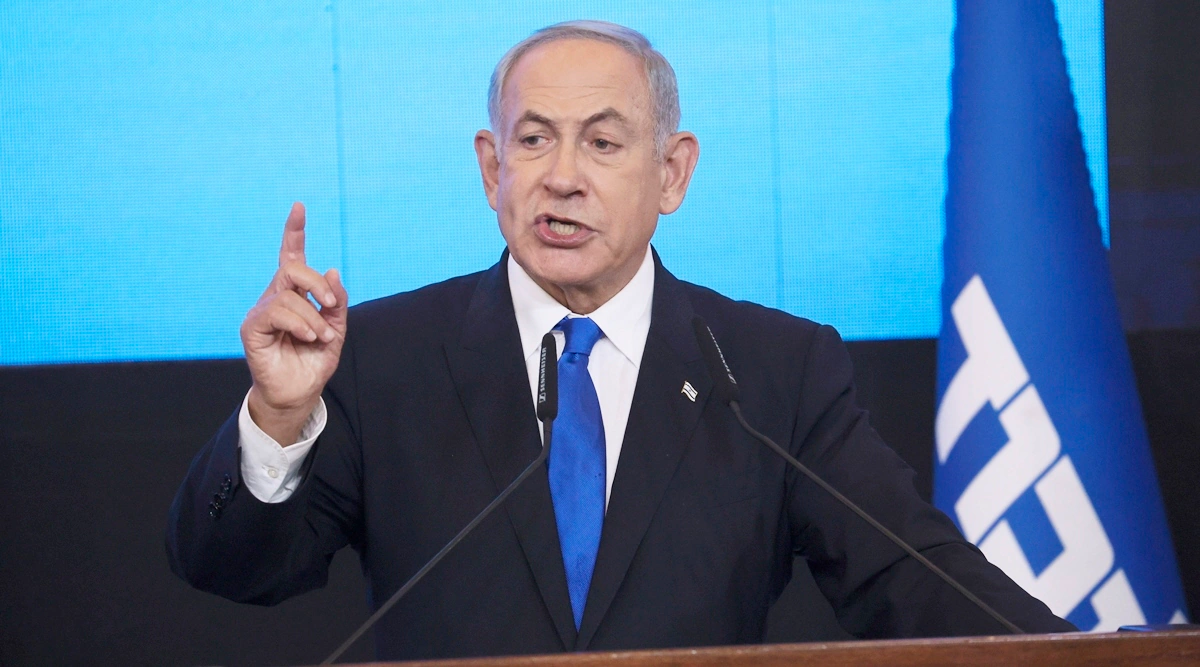
.jpg)
